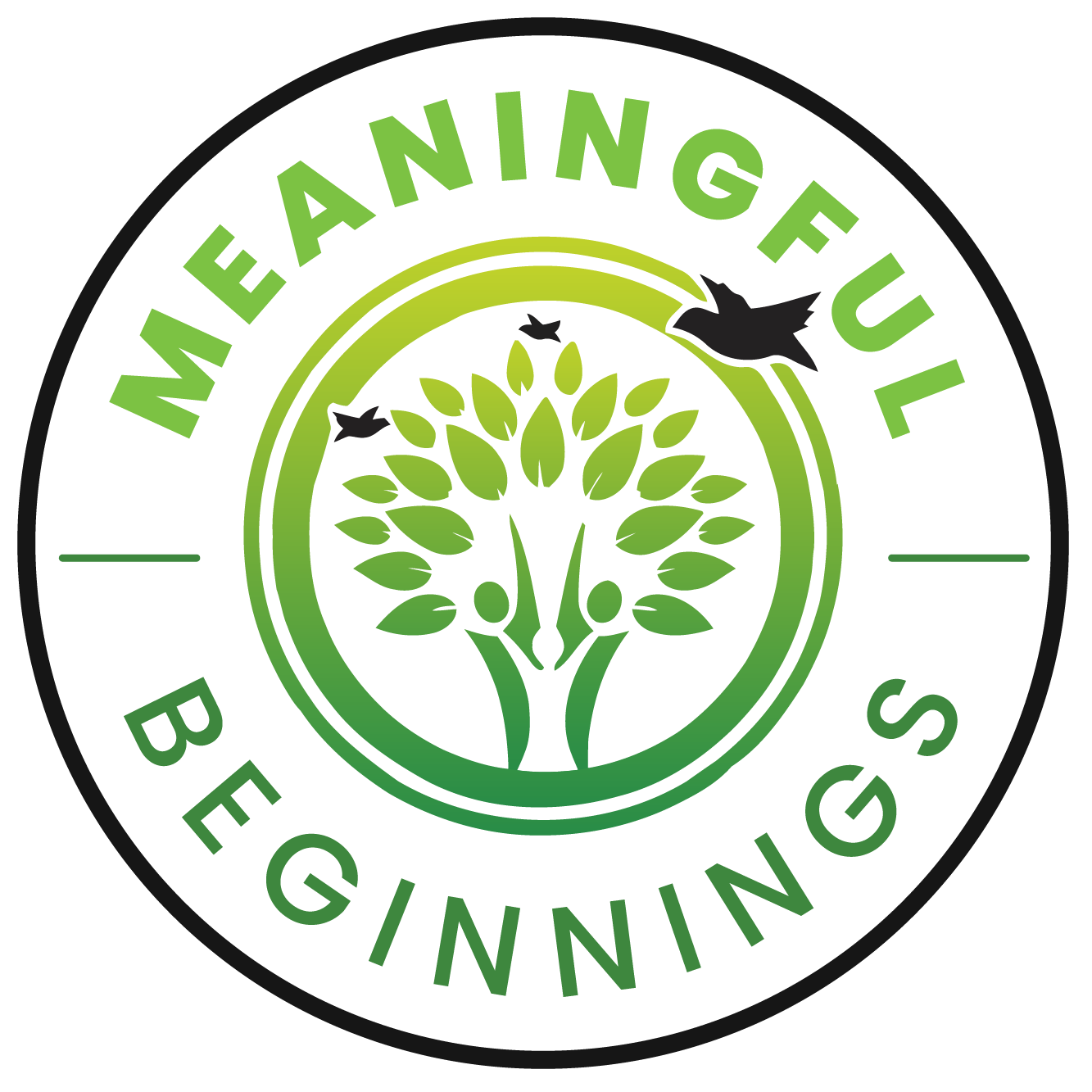Have you seen a kid suddenly solve a hard problem? It makes us think. IQ measures how smart someone is compared to others their age. But does IQ change as kids grow up?
Yes, a child’s IQ can change as they grow. This blog will look into that.
We’ll check out the newest studies and hear from experts. Can learning and life make a kid’s IQ go up or down? Let’s find out together.
How Is IQ Measured?
Imagine walking into a room where someone hands you a puzzle, some questions, and maybe a few patterns to figure out. That’s a bit like what taking an IQ test feels like. IQ, or Intelligence Quotient, measures your ability to think, solve problems, and understand complex ideas. It compares your abilities to others your age through a score. A score of 100 is average, but if you score higher, it means you’re ahead of the curve in certain cognitive skills.
Factors That Influence IQ Development
Here are some factors that influence your child’s IQ over time.
1. Genetics vs. Environment
Have you ever wondered if being smart runs in families or if it’s all about growing up in a stimulating environment? Well, it’s a bit of both. Genes play a role in shaping your intelligence. However, the environment can significantly influence how those genetic traits are expressed.
2. The Role of Education
School isn’t just a place to meet friends or escape from house chores. It’s a gym for the brain. The more you learn and challenge your mind, the sharper it becomes. Education shapes thinking skills, problem-solving abilities, and even how well kids remember information.
3. Nutrition, Health
Just like athletes need the right diet to perform at their best, the brain needs the right nutrients to reach its full potential. Regular meals, healthy foods, and staying hydrated are important for kids too. Also, staying healthy means the brain can focus on learning instead of fighting off illness.
4. Socio-Economic Factors
Where kids grow up and the resources available to them can also impact your IQ. Access to books, educational toys, and even conversations at the dinner table can provide a boost to cognitive abilities.
Key Research Findings On IQ Over Time
Some studies have shown that IQ can change over time. For example, engaging in intellectually stimulating activities can boost your IQ. Also, children who start school at an earlier age tend to show improvements in IQ scores.
One of the most significant findings is the “Flynn effect,” named after James R. Flynn, a researcher who found that IQ scores in many parts of the world have been increasing over time. This suggests that, on a population level, humans are becoming smarter with each generation. Reasons proposed for this trend include better nutrition, more access to education, and more intellectually demanding environments, including the use of technology.
Another key area of research focuses on the plasticity of the brain, especially in children. Studies have shown that certain interventions, such as enriched early childhood education programs or targeted cognitive training, can lead to measurable increases in IQ scores. However, the sustainability of these gains is an ongoing investigation.
Expert Opinions And Theoretical Perspectives
Experts have different takes on IQ. Some believe it’s mostly genetic, while others argue that education and environment are key. The truth likely lies somewhere in between, with both nature and nurture playing important roles.
Strategies To Support Children’s Cognitive Development At Home And In School
Supporting children’s cognitive development is essential for their success in school and life. Both home and school environments play crucial roles in nurturing a child’s intellect. Here are five broad strategies that can significantly impact a child’s cognitive growth. This is the same as raising emotionally intelligent children.
1. Create a Stimulating Environment
Turn your home into a playground of learning. Surround children with books, puzzles, educational toys, and art supplies to spark their curiosity and imagination. You can take your kids to a museum, nature walk to help them explore the world around them.
In-school classrooms should be vibrant and interactive. Those resourced-filled rooms can simulate kids’ learning experiences through hands-on projects. More interactive digital tools and group work encourage problem-solving and critical thinking.
2. Foster a Love for Reading
Read books with your child from an early age to create a lifelong love for books. It’s not just about storytelling; discuss the books to improve comprehension and engage their imagination. Create a cozy reading nook that invites them to explore books independently.
Here, schools can promote reading by having a well-stocked library. There should be regular reading hours and book clubs. Teachers can introduce a diverse range of literature to attract all interests. Students can share their thoughts and analyses, thus building critical thinking and empathy.
3. Encourage Open Communication
At home, engage in meaningful conversations with your child. Ask open-ended questions. Let them think deeply and express their thoughts and feelings. This builds their language skills and teaches them to articulate complex ideas.
Classroom environments should motivate students to express their opinions, ask questions, and engage in debates. Teachers can facilitate this by creating a safe and supportive atmosphere.
4. Promote Play and Physical Activity
Play is a powerful tool for cognitive development. Through play, children learn problem-solving, develop motor skills, and navigate social interactions. In both home and school, group play can make your kid more creative. Make sure there is time for physical activity, which is important for healthy brain development.
5. Support Emotional and Social Learning
Emotional intelligence is key to cognitive development. Teach children to recognize and express their emotions. Model healthy emotional responses and problem-solving in everyday situations.
In school there should be implementation of social-emotional learning (SEL) programs. This can significantly impact students’ ability to understand and manage their emotions. This holistic approach supports not just academic success but overall well-being.
Tips For Encouraging A Growth Mindset In Children
Teach kids that intelligence isn’t fixed; it can grow with effort. Here are 10 tips you can apply to your kids.
- Praise Effort, Not Just Talent: Celebrate the hard work your child puts into tasks, not just the end result.
- Embrace Mistakes: Show children that mistakes are a part of learning and help them see what can be learned from every slip-up.
- Use the Word “Yet”: When your child says they can’t do something, add “yet” to the end. It turns a limitation into a challenge they can overcome.
- Set Learning Goals: Instead of focusing on grades, set goals based on learning new skills or understanding new concepts.
- Teach the Brain’s Ability to Grow: Explain how trying new things can make their brain stronger and smarter. Also, focus on their nutritional needs which is equally important for brain development.
- Encourage Curiosity: Ask open-ended questions that inspire thinking and exploration.
- Value Process Over Outcome: Show that you value the effort and learning process more than just the final grade or score.
- Offer Constructive Feedback: Give feedback that focuses on how to improve and what was done well.
- Model a Growth Mindset: Share your own learning experiences, including your challenges and how you overcame them.
- Celebrate Progress: Acknowledge and celebrate improvements and growth, no matter how small.
Verdict
Child IQ can grow over time, which mostly depends on nurture not fully nature. By praising effort, embracing mistakes, and focusing on the journey rather than just the destination, we can guide children to see challenges as opportunities to grow.
Teach them that their abilities can be developed with hard work and persistence. It will help build their confidence and willingness to tackle new experiences. With these strategies, we’re not just helping them in their academic journey but equipping them with a positive outlook that will benefit them throughout their lives.








